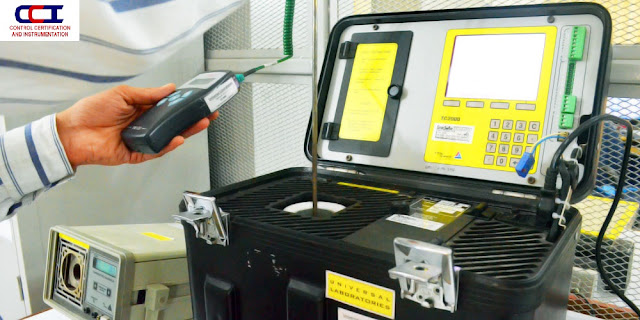How Metrology Calibration Helps You Stay Compliant with Industry Standards?
Metrology calibration is the process of lab testing to ensure that the equipment being used in your manufacturing facility is working properly. Quality control procedures and regulations have become more stringent over time, which means that all companies need to be able to prove their products meet industry standards.
In this article, we will cover the topic of how metrology calibration helps you stay compliant with industry standards. Let’s get started.
Quality Assurance
Metrology calibration is a key part of a quality assurance system. It helps ensure the quality of products or services by measuring and comparing them against standards, whether they're your own or industry standards.
Quality assurance is important because it allows you to maintain consistency in your business processes, which provides better control over costs and improved production efficiencies.
A good example would be when you are producing parts that need to be manufactured within certain tolerances; if you don't have a reliable way of measuring those tolerances then there will always be risk involved with accepting delivery from suppliers who could deliver incorrect parts without notice or warning (and charge extra for correcting their mistakes).
Risk Management
You may not know this, but metrology calibration is a risk management tool. It helps you stay compliant with industry standards and government regulations like ISO, FDA, and the Food and Drug Administration (FDA).
For example: if your company manufactures pharmaceutical products or medical devices such as pacemakers or prosthetics, then it's very important for you to keep up with all of these regulations so that no one gets hurt by using your product.
In other words--metrology calibration helps prevent product recalls!
Compliance Audits
Compliance audits are an important part of maintaining a quality management system. These audits can be done by internal staff or an outside party, and they help you ensure that your processes are in line with industry standards.
Metrology calibration is an effective way to improve your processes and stay compliant with industry standards.
Metrology calibration should be performed regularly (at least once a year) or irregularly depending on the circumstances surrounding each piece of equipment being calibrated.
If there have been changes in workflow or personnel since last time, then more frequent calibrations may be necessary until everything has settled down again.
Reputation and Customer Satisfaction
You have a reputation to maintain. Your customers expect you to be compliant with industry standards, and metrology calibration helps ensure that you meet their requirements.
When it comes to metrology calibration, there's no more crucial factor than customer satisfaction. Your clients will be happy if they know that their parts are being produced with precision and consistency in mind--and they'll come back again and again if they feel like they can trust your company as an honest business partner.
Conclusion
While it may seem like a lot to keep track of, the benefits of metrology calibration are clear. By ensuring that all your equipment is properly calibrated, you can ensure that your products meet industry standards and stay compliant with regulations.
This will help ensure that your business continues to operate smoothly while also helping customers feel confident in their purchases.


Comments
Post a Comment